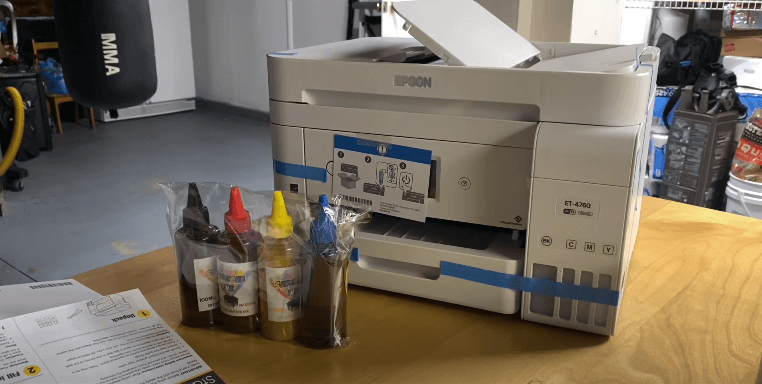
Learning a new language is an exciting and rewarding journey that opens doors to new cultures, perspectives, and opportunities. Whether you're learning for travel, work, or personal enrichment, approaching language learning with the right strategies can make the process smoother and more enjoyable. Here are the top three things to do when embarking on the adventure of learning another language.
1. Immerse Yourself
One of the most effective ways to learn a new language is by immersing yourself in it as much as possible. Immersion goes beyond traditional classroom learning and encourages you to surround yourself with the language in various contexts. Here's how you can do it:- Practice Regularly: Consistency is key. Dedicate a specific amount of time each day to practice the language. It's better to study for shorter periods regularly than to cram all your studying into one long session.
- Change Your Environment: Change the language settings on your devices to the language you're learning. This will expose you to the language consistently and help you learn everyday vocabulary.
- Listen and Watch: Listen to music, podcasts, radio shows, or watch movies, TV shows, and videos in the target language. This will help you get used to the pronunciation, rhythm, and intonation of the language.
- Read: Start with simple texts like children's books or news articles and gradually move on to more complex material. Reading helps you expand your vocabulary and understand sentence structures.
- Conversation: If possible, engage in conversations with native speakers. Language exchange partners or online language communities can be valuable resources for practicing speaking and receiving feedback.
2. Focus on Practical Communication
Language is a tool for communication, and focusing on practical communication skills will enable you to start using the language sooner in real-life situations. Here's how to prioritize practical communication:- Learn Common Phrases: Start by learning common phrases and expressions that are relevant to everyday situations. This will allow you to navigate basic interactions like greetings, ordering food, asking for directions, and more.
- Use the Language: Don't be afraid to make mistakes. Use the language as much as possible, even if your vocabulary and grammar are limited. The more you use it, the more confident you'll become.
- Role Play: Practice real-life scenarios through role-playing. This can help you feel more comfortable using the language in various contexts, from shopping to making phone calls.
- Learn from Context: When you encounter new words, try to understand their meaning from the context in which they're used. This is a valuable skill that mimics how children learn languages naturally.
3. Set Realistic Goals and Track Progress
Setting clear and achievable goals is essential to maintain your motivation and track your progress effectively. Here's how to do it:- SMART Goals: Set Specific, Measurable, Achievable, Relevant, and Time-bound (SMART) goals. For example, aim to have a five-minute conversation with a native speaker within three months.
- Break It Down: Divide your language learning journey into smaller milestones. Celebrate your achievements along the way, whether it's mastering a particular grammar concept or successfully ordering a meal in the target language.
- Use Language Apps and Tools: Language learning apps often come with built-in tracking features that show your progress. These tools can be incredibly motivating as you watch your skills improve over time.
- Keep a Journal: Maintain a language learning journal to jot down new words, phrases, and expressions you learn. Writing things down reinforces your memory and provides a tangible record of your progress.




